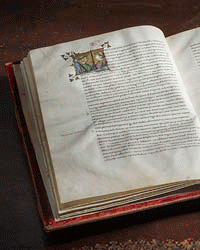In the 19th century, eccentric British collector Sir Thomas Phillipps set out to own a copy of every book in the world. He also wanted every manuscript he could get his hands on. He never quite achieved his goal though he gave it a good run. Now, the Australian National Library seeks to achieve a similar goal. Their goal is somewhat less ambitious as they only seek “to assemble a complete collection of Australian published work.” Still, Phillipps was collecting two centuries ago when there were a lot fewer published works to begin with. As they announced, “From romance novels to historical inquiry, the National Library is legislated to preserve every published word for future generations to find.”
The National Library of Australia (NLA) explained, “The National Library recognises that this encompasses more than works by established authors. It includes hidden gems, community newsletters and independently published works. To achieve this goal, the National Library is reaching out to publishers, authors, and the public, urging them to contribute their publications that may be missing from the National collection.
“Our shelves (both physical and digital) are filled with treasures. In order to continue to build a collection that is inclusive, diverse, and reflective of all Australian experiences, we need to ensure that Australians know about the obligation and opportunity to have their published works preserved for future generations through legal deposit. This is especially true when it comes to independent publishers who are a little harder to reach,” according to Lynda Carmody representing Legal Deposit.
What is “Legal Deposit?” The hapless Mr. Phillipps never had this on his side. Legal Deposit is a law which requires publishers of all sorts of works to give a copy to the national library. It gives the government the authority to demand every work published in Australia, and unlike poor Thomas Phillipps who went broke buying books, the government doesn't have to pay one thin Australian dime for them.
Legal Deposit has been the law for over 100 years in Australia, according to the NLA. There are lots of good things about it, they point out. They explain that it enables the National Library “to build a comprehensive resource for all Australians to enjoy,” to “preserve Australia’s published heritage for future generations,” and “make the publications accessible to researchers, scholars, and the public to help understand the Australian experience.” It enables publishers to reach a national and international audience or limit it to specific libraries. All of these are worthy goals, but nonetheless, none of this is voluntary. It's right up there with the legal requirement not to steal or murder people. You have no choice. It's the law.
What about America? Do we have such a compulsory requirement too? I'll bet many Americans don't know this, in fact, I bet very few do. Yes, America too has legal deposit, although we call it “mandatory deposit” here. Published works must be deposited with the Library of Congress. This isn't limited to traditional publishing houses but to self-published works as well. If you put a work out there to the public that you run off your computer printer or copier, you are a publisher. How about if you only publish it electronically, on your website or other such source? The answer is still yes, but you may submit an electronic copy rather than a physical one.
Since this requirement arises from copyright law, how about if you don't seek a copyright? It doesn't matter, because the law does not require you to apply for a copyright. You get one automatically, and the law applies to all copyrighted works, whether you ask to have them copyrighted or not. There is some uncertainty as to whether you can avoid the deposit requirement by asking your work not be copyrighted, nor how such a request can be made.
However, a new wrinkle was added last fall. A small and print-on-demand publisher named Valancourt Books, challenged a demand by the Copyright Office for free copies of a bunch of small run books, of which they retained no copies. Valancourt took the government to court on constitutional claims but lost in the District Court. They then took the case to appeal to the DC Circuit Court and there they won. They made two claims, First Amendment on free speech, Fifth Amendment on taking property without compensation. The appeals court ruled for the publisher. Their decision was based on the Fifth Amendment taking of property. The government tried to argue Valancourt received a benefit in return, copyright protection. The court responded that under today's laws, you automatically get a copyright without submitting anything, so Valancourt got nothing they weren't already entitled to in return.
Last month, the Department of Justice informed the Appeals Court that it would not appeal to the Supreme Court. However, in their letter, the Justice Department said it intends to accept electronic copies (since they are essentially cost-free to the publisher). This case applied to undelivered physical books. They also indicated in the future they may claim their demands are providing the benefit of retaining copyright benefits, though it isn't clear why publishers would be at risk of losing them. The government could choose to follow the spirit of the court decision, but it has left open the possibility of hounding publishers for free books despite the Valancort decision.
Since the Circuit Court made a decision on Fifth Amendment grounds, it said there was no need to address the thornier First Amendment (free speech) claim. The possible precedents from that claim are of far greater significance, but courts are always looking for the easier way out, as they did here. Stay tuned.


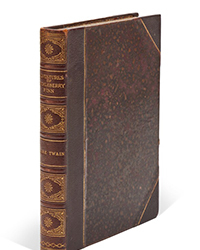
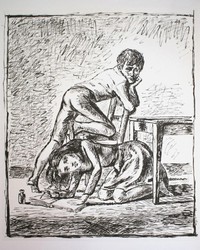
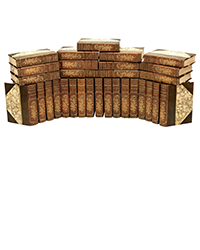
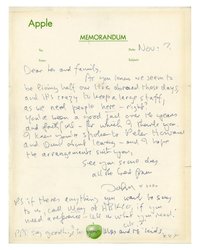
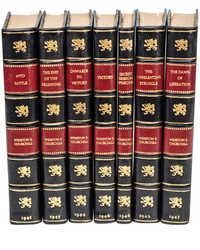
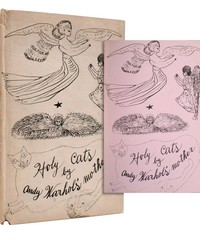
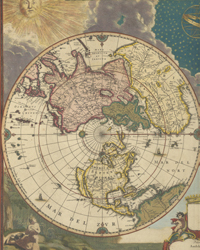
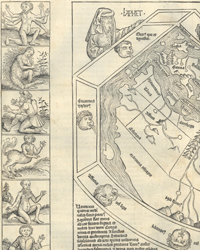
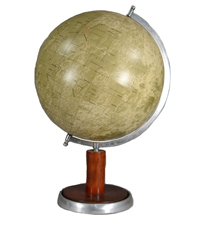
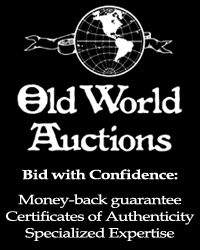
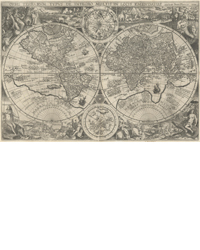
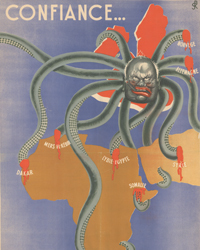
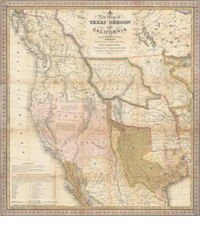
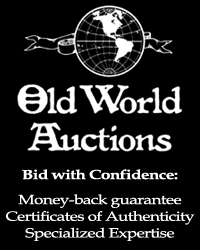
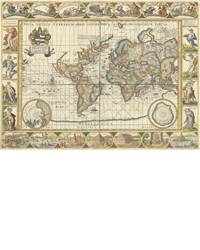
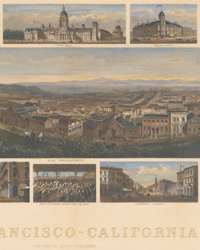
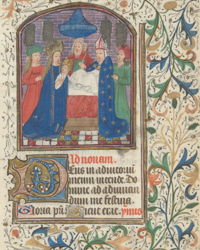
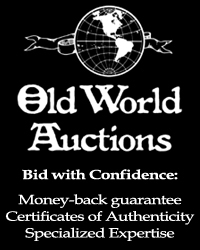
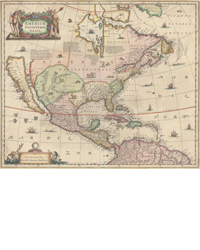
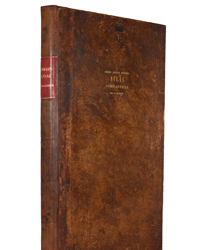
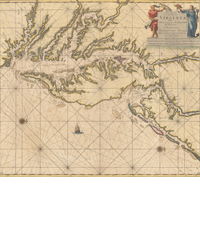
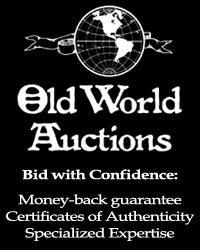
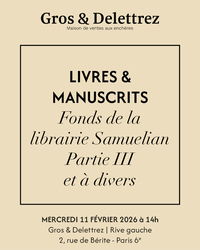
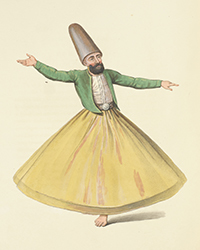
![<b>Gros & Delettrez, Feb. 11:</b> DALVIMART, Octavien ou d’ALVIMAR(T)]. CLARK. The Military Costume of Turkey <b>Gros & Delettrez, Feb. 11:</b> DALVIMART, Octavien ou d’ALVIMAR(T)]. CLARK. The Military Costume of Turkey](https://ae-files.s3.amazonaws.com/AdvertisementPhotos/ca2d66a9-721d-4878-a2eb-51a7bb9a3889.jpg)
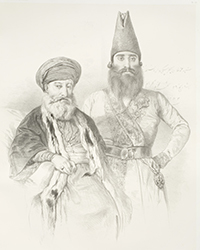
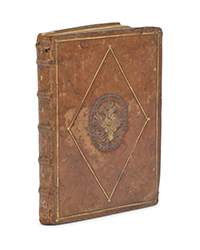
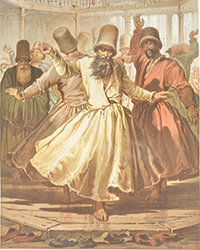
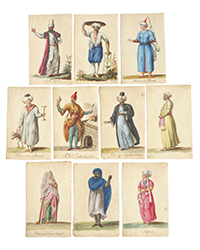

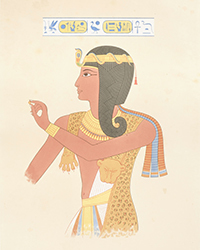
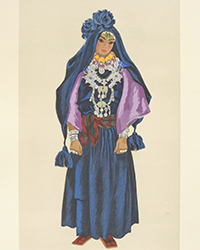
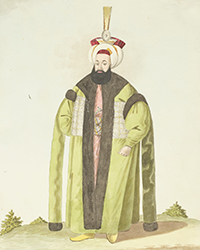
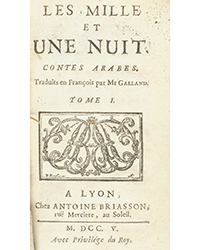
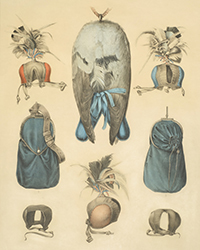
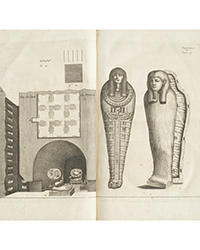
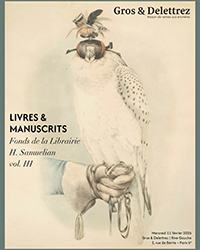
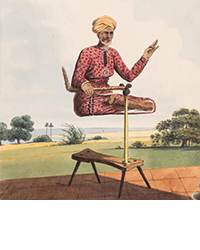
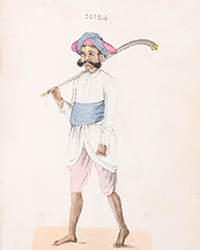
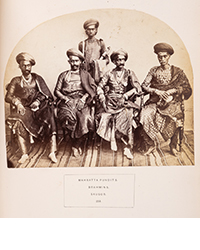
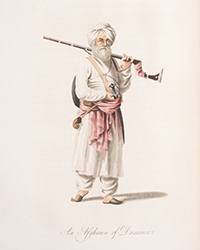
![<b>Forum, Feb. 19:</b> Lot 57<br>[Album and Treatise on Hinduism], manuscript treatise on Hinduism in French, 31 watercolours of Hindu deities, Pondicherry, 1865. £3,000-4,000 <b>Forum, Feb. 19:</b> Lot 57<br>[Album and Treatise on Hinduism], manuscript treatise on Hinduism in French, 31 watercolours of Hindu deities, Pondicherry, 1865. £3,000-4,000](https://ae-files.s3.amazonaws.com/AdvertisementPhotos/f70b3790-9b4a-4990-b402-f0322021c0de.jpg)
![<b>Forum, Feb. 19:</b> Lot 62 Allan (Capt. Alexander). <i>Views in the Mysore Country,</i>
[1794]. £2,000-3,000 <b>Forum, Feb. 19:</b> Lot 62 Allan (Capt. Alexander). <i>Views in the Mysore Country,</i>
[1794]. £2,000-3,000](https://ae-files.s3.amazonaws.com/AdvertisementPhotos/ad2cf7b4-4d93-4231-a956-b440583b39b3.jpg)
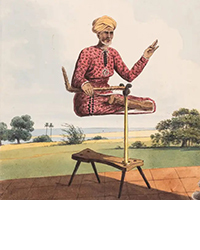
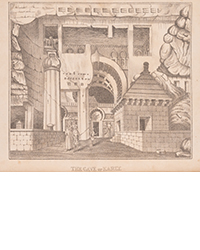
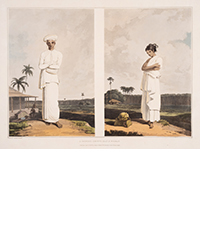
![<b>Forum, Feb. 19:</b> Lot 123<br>D'Oyly (Charles). <i>Behar Amateur Lithographic Scrap Book,</i> lithographed throughout with title and 55 plates mounted on 43 paper leaves, [Patna], [1828]. £3,000-5,000 <b>Forum, Feb. 19:</b> Lot 123<br>D'Oyly (Charles). <i>Behar Amateur Lithographic Scrap Book,</i> lithographed throughout with title and 55 plates mounted on 43 paper leaves, [Patna], [1828]. £3,000-5,000](https://ae-files.s3.amazonaws.com/AdvertisementPhotos/5651043b-3c0d-4e2c-931f-72133bda9b36.jpg)
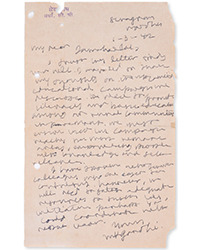
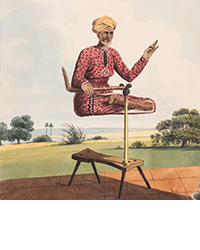
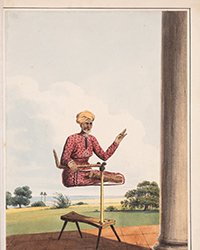
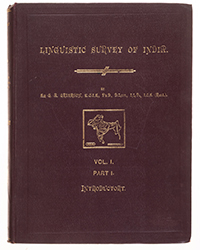
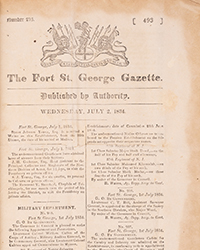
![<b>Forum, Feb. 19:</b> Lot 205<br>Marshall (Sir John) and Alfred Foucher. <i>The Monuments of Sanchi,</i> 3 vol., first edition, 141 plates, most photogravure, [Calcutta], [1940]. £3,000-4,000 <b>Forum, Feb. 19:</b> Lot 205<br>Marshall (Sir John) and Alfred Foucher. <i>The Monuments of Sanchi,</i> 3 vol., first edition, 141 plates, most photogravure, [Calcutta], [1940]. £3,000-4,000](https://ae-files.s3.amazonaws.com/AdvertisementPhotos/8c8244b7-4573-44d3-9c70-e0d3a3ed3cc4.jpg)
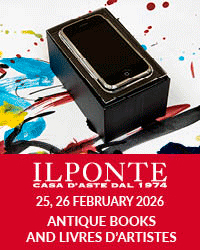
![<b>Il Ponte, Feb. 25-26:</b> HAMILTON, Sir William (1730-1803) - Campi Phlegraei. Napoli: [Pietro Fabris], 1776, 1779. € 30.000 - 50.000 <b>Il Ponte, Feb. 25-26:</b> HAMILTON, Sir William (1730-1803) - Campi Phlegraei. Napoli: [Pietro Fabris], 1776, 1779. € 30.000 - 50.000](https://ae-files.s3.amazonaws.com/AdvertisementPhotos/0372eeb9-97e1-47b2-baca-b3287d4704ee.jpg)
![<b>Il Ponte, Feb. 25-26:</b> [MORTIER] - BLAEU, Joannes (1596-1673) - Het Nieuw Stede Boek van Italie. Amsterdam: Pieter Mortier, 1704-1705. € 15.000 - 25.000 <b>Il Ponte, Feb. 25-26:</b> [MORTIER] - BLAEU, Joannes (1596-1673) - Het Nieuw Stede Boek van Italie. Amsterdam: Pieter Mortier, 1704-1705. € 15.000 - 25.000](https://ae-files.s3.amazonaws.com/AdvertisementPhotos/8f9ce440-b420-4407-8293-eb8e1b38ca19.jpg)
![<b>Il Ponte, Feb. 25-26:</b> TULLIO D'ALBISOLA (1899-1971) - Bruno MUNARI (1907-1998) - L'Anguria lirica (lungo poema passionale). Roma e Savona: Edizioni Futuriste di Poesia, senza data [ma 1933?]. € 20.000 - 30.000 <b>Il Ponte, Feb. 25-26:</b> TULLIO D'ALBISOLA (1899-1971) - Bruno MUNARI (1907-1998) - L'Anguria lirica (lungo poema passionale). Roma e Savona: Edizioni Futuriste di Poesia, senza data [ma 1933?]. € 20.000 - 30.000](https://ae-files.s3.amazonaws.com/AdvertisementPhotos/71bb9667-5d66-4aa8-96a2-9880c74a7a26.jpg)
